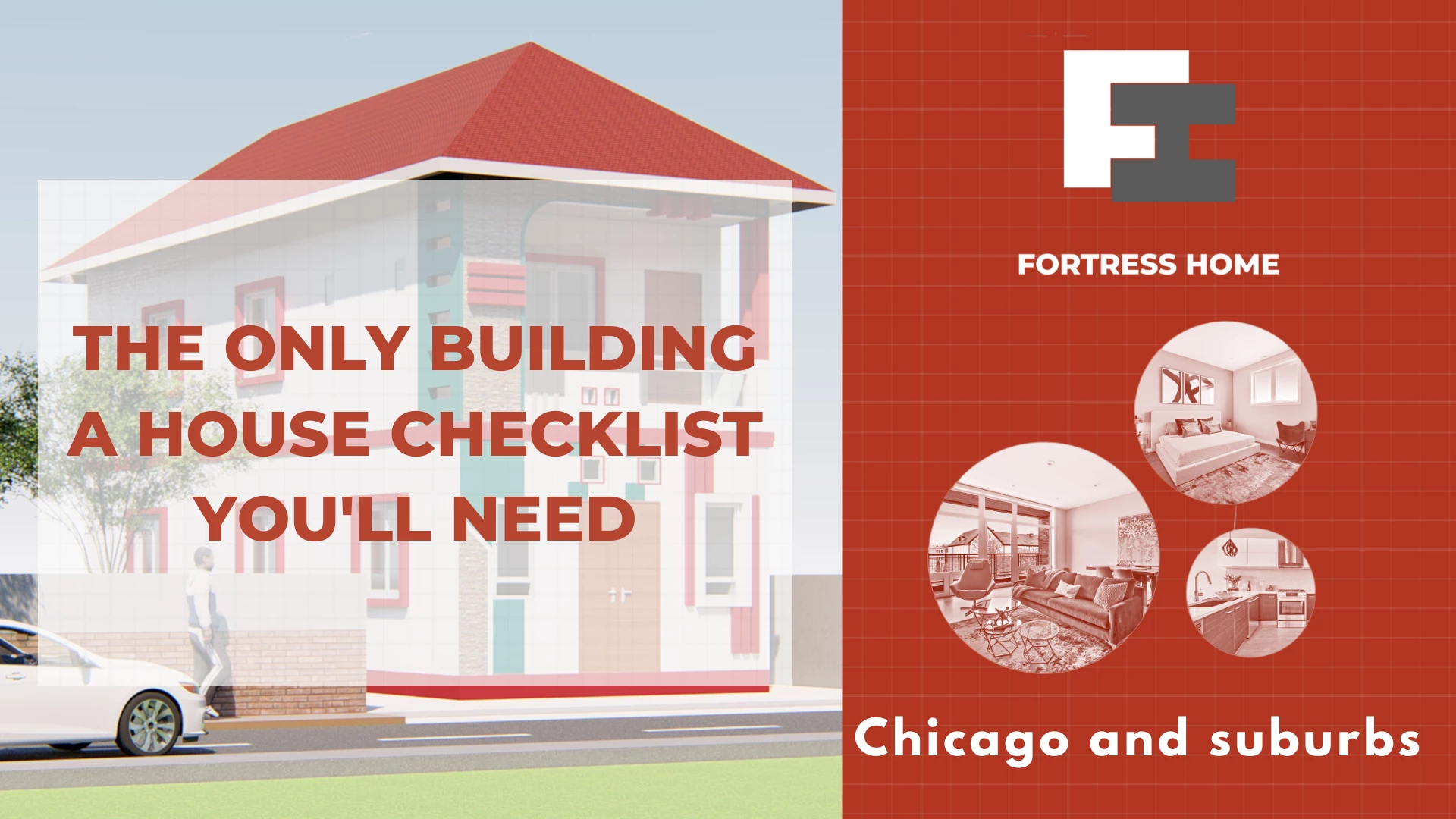

If you're planning your own dream custom home project you'll want to have a home builders check list. But what you may not know is that there should actually be two lists — the building a new home checklist which will detail all the things that you need to do and decide on, and then a list that your builder or general contractor will have, that covers the actual construction project.
At Fortress Home we make the entire process as straightforward as possible for all our customers so below we've outlined all the key steps you'll need to follow and decide on, and then our home building process.
This section details everything you'll need to do before construction begins on your own custom home.
Before you start the entire project we recommend sitting down and deciding what the desired features are for your new home. We suggest involving all family members in this process. You might want to walk around your existing home, both inside and out, and discuss what you love about your current home and what could be improved upon. Do you currently have a separate kitchen and dining room but have always wanted an eat-in kitchen with a breakfast bar? Have you always wanted a full basement games room? Are all your outlets in weird places?
One of the most important things you can do is to budget properly so you know how much you can really afford to spend. You may well need to get a construction loan to pay for the construction and you'll need to have money ready for a down payment with your home builder.
You may need to discuss mortgage options with your financial adviser. This is not a stage to rush as you want to make sure you get the best interest rates on any loans you need to take out.
If you already have a plot you're in a fortunate position and prime plots can be hard to find in good neighborhoods. But if you don't already have land you'll want to choose a plot either with utility hookups already in place or ideally close to infrastructure.
If you choose a location out in the countryside you may need to spend a lot of money getting connected to the main electrical and water utilities. Access roads can also be an issue if you are building in a rural location, so this needs to be factored into your planning process.
One of the most important stages of the home building process is finding the right home builders or general contractors. If you choose wisely you'll help ensure the entire project goes smoothly.
You might be wondering what a general contractor does and that's a valid question. They will oversee and manage the entire project from obtaining permits to the final walkthrough. They will hire all the other subcontractors and workers, manage your project budget, buy all the materials and ensure everything runs on schedule.
If you're looking for a custom home you'll want to make sure you work with an experienced custom home builder who has experience in building your style of home and who has local experience with building codes and permits.
The team at Fortress Home has been building custom houses in Chicago for over 20 years and is experienced in the full process, from putting together a meticulous budget and keeping everything running on time. With an in-house building team of experts, their construction manager will ensure your property is finished to the highest standard.
When it comes to designing your house you have a few choices. You can:
This is the stage where your list of ideas and wishes for your new property will come in handy.
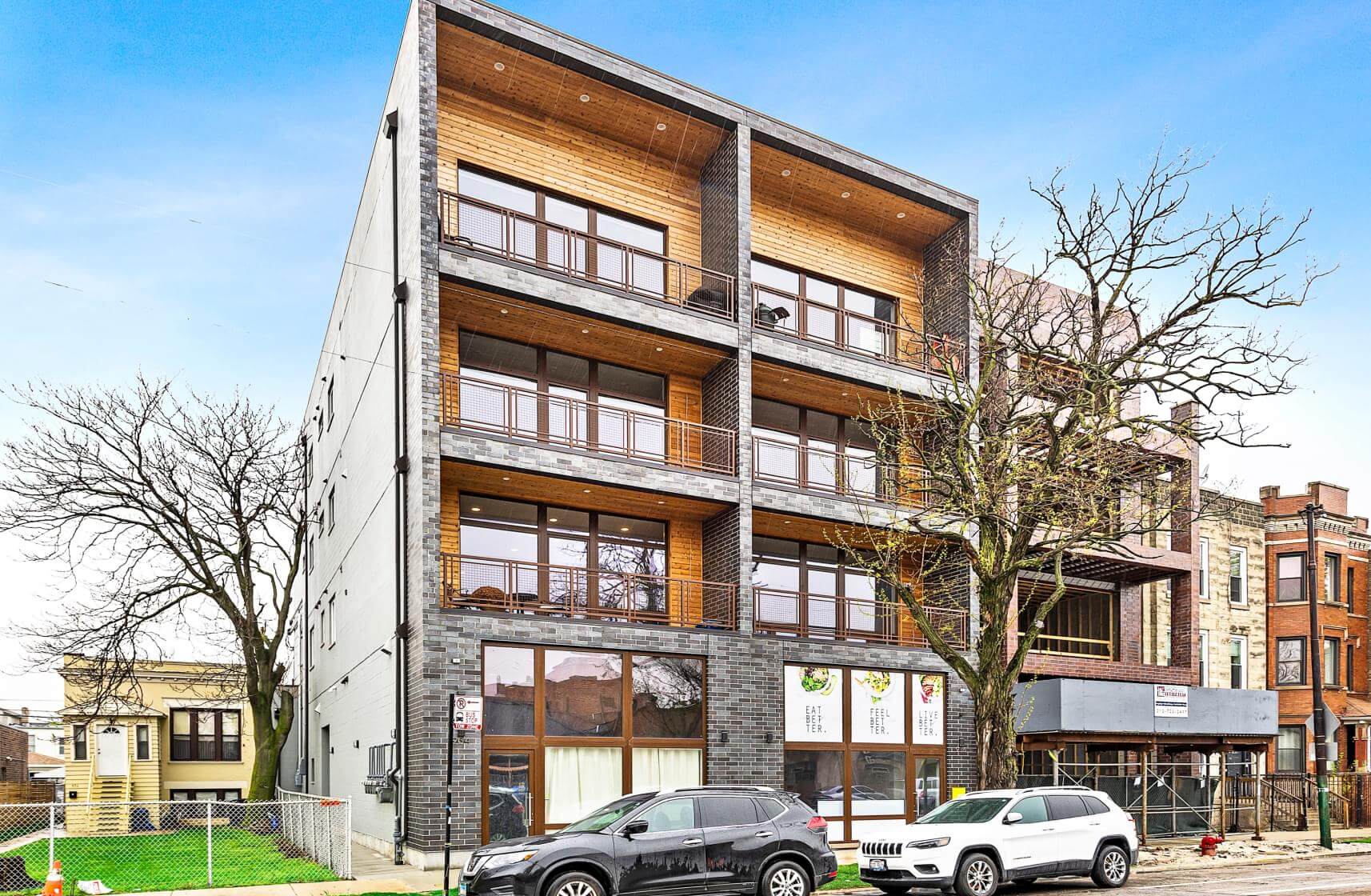
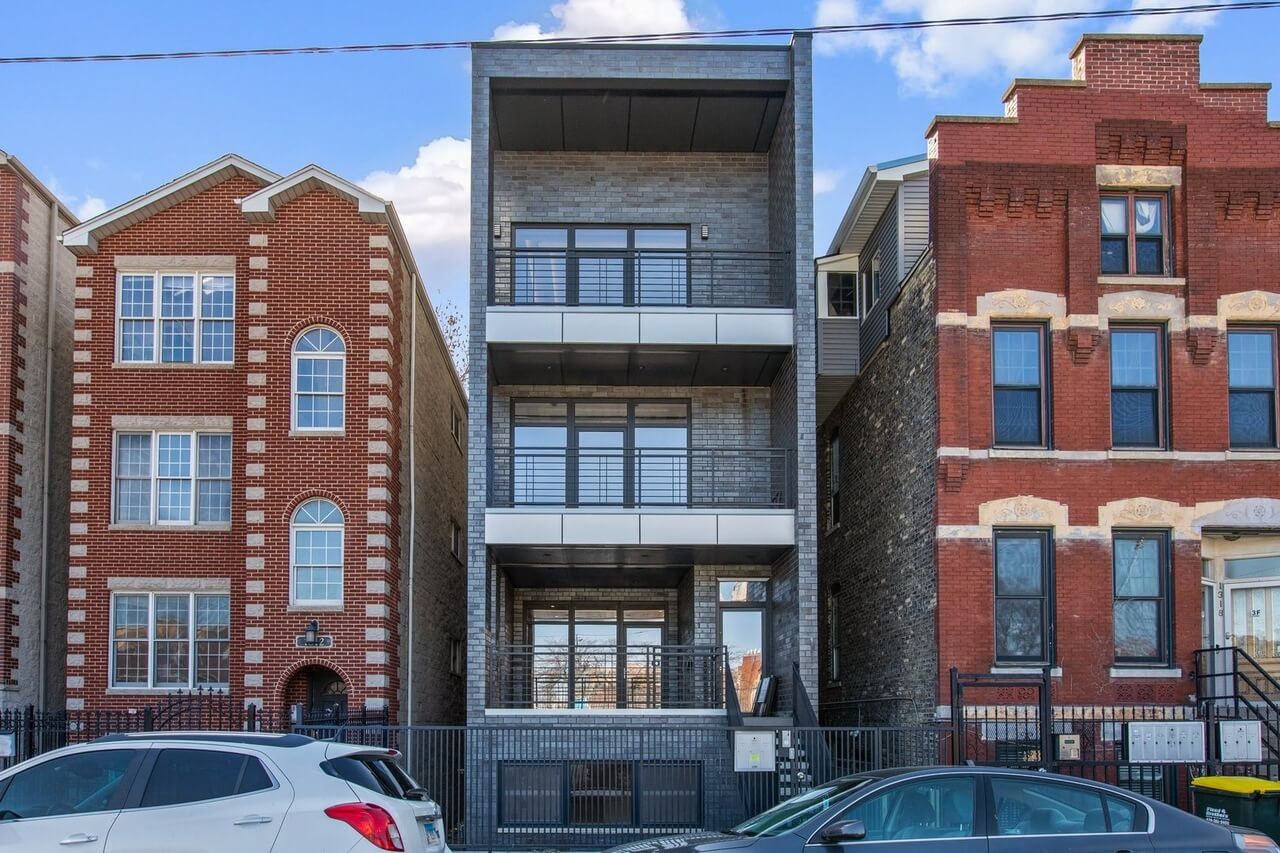
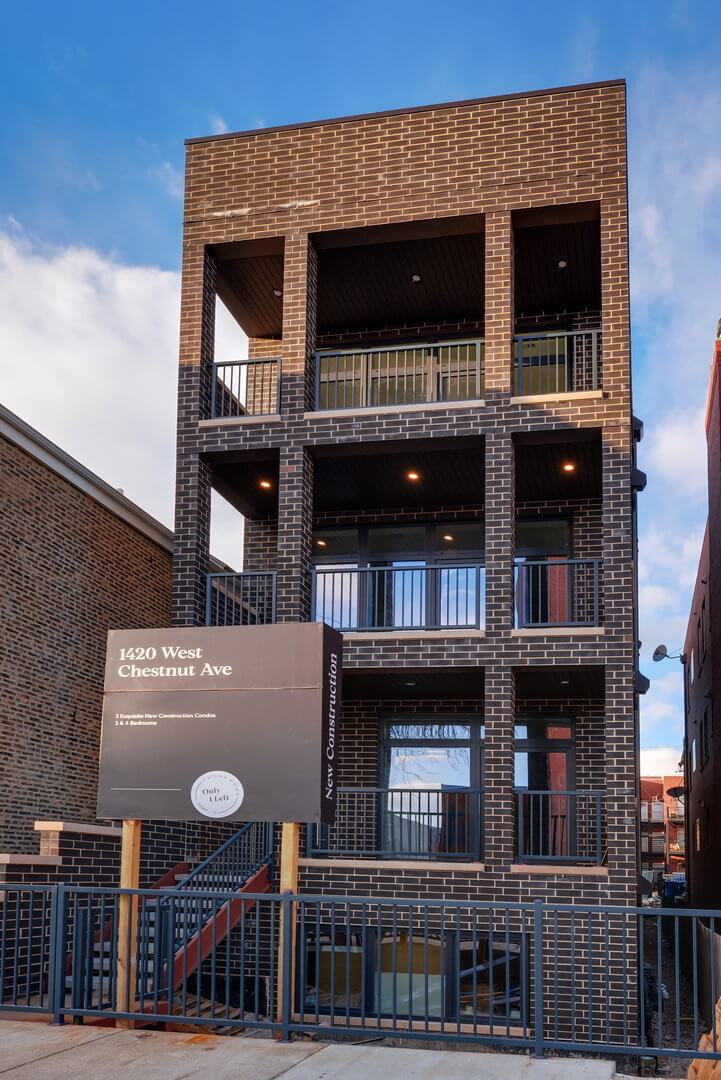

We will design a new home that fits your life by finding out what is important to you, your family and your lifestyle.
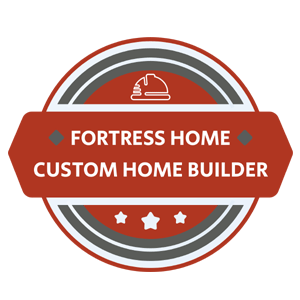
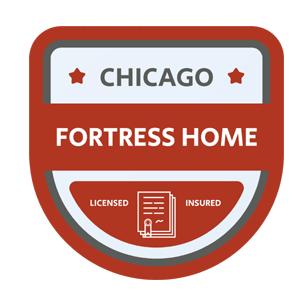
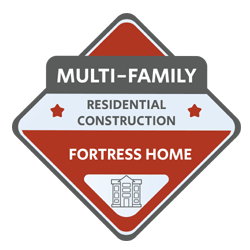
We are the residential construction company that has been proudly serving Chicago residents for over two decades.
Once you have a builder and plans you can hand the project over to the general contractors who will look after the building site and manage the project for you. To give you an idea of the process here's a standard residential construction check list.
Before any work can begin on your plot your plans will need to be inspected and a building permit will be issued. Working with experienced local contractors and architects will help speed this process up as they are fully aware of what is required in your city.
Your construction manager will have a list of what is required at each stage of the project and will order them to be delivered at the right time. As they will be purchased in stages throughout the build you will probably have a payment plan set up with your general contractors to pay for the work in stages.
Depending on the state of your plot this can be a quick and easy or more involved process, which might involve:
Once the ground has been cleared work can begin on breaking ground and digging the foundations. The type of foundation might depend on the type of house being built and the type of ground.
At this stage, the main utility pipes and wiring will also be put in place. Good weather is very important at this point to allow the foundation to fully dry out.
Inspections will take place throughout the build and will be managed by your construction manager. Someone from the local municipality building office will come out to the site to ensure all work is being completed to code.
Once the foundation is in place the framing can be put up. For most houses, this will be a wooden frame but for some designs, it may be structural steel. At this point, you'll get the first idea of the shape and size of your new home.
Getting the roofing on quickly is an important task as it helps to weatherproof the structure. This is the last stage where you commonly get major setbacks caused by bad weather.
Your house will look more like a building once the exterior siding and masonry go up and the weatherproofing will be complete.
Once the exterior walls are in place the plumbing, electrics, and ductwork for your HVAC can be installed. At this point, they won't be connected to the main power or water system or have any faucets or power outlets attached.
Another important step is to fully insulate your house.
This will generally be placed in exterior walls and the roof space.
At this point in the project, your drywall will be put up which will give you a much better idea of the size and feel of all your rooms. This is an exciting stage in the process for the homeowner.
Depending on the room layout the painting and wallpapering may happen before or after the next couple of stages. There is some flexibility here depending on the availability of specialist subcontractors.
If you have decided to have any fitted wardrobes they will be installed at this stage as well as kitchen and bathroom units.
Sinks, bathtubs, and shower units will also be installed at this stage in the project.
All your light switches, light fixtures, air conditioning, and outlets can be installed by a qualified electrician, and faucets and showers will be plumbed in by a trained plumber. At this stage, you can connect your home to the utilities so the house will have running water and electricity throughout.
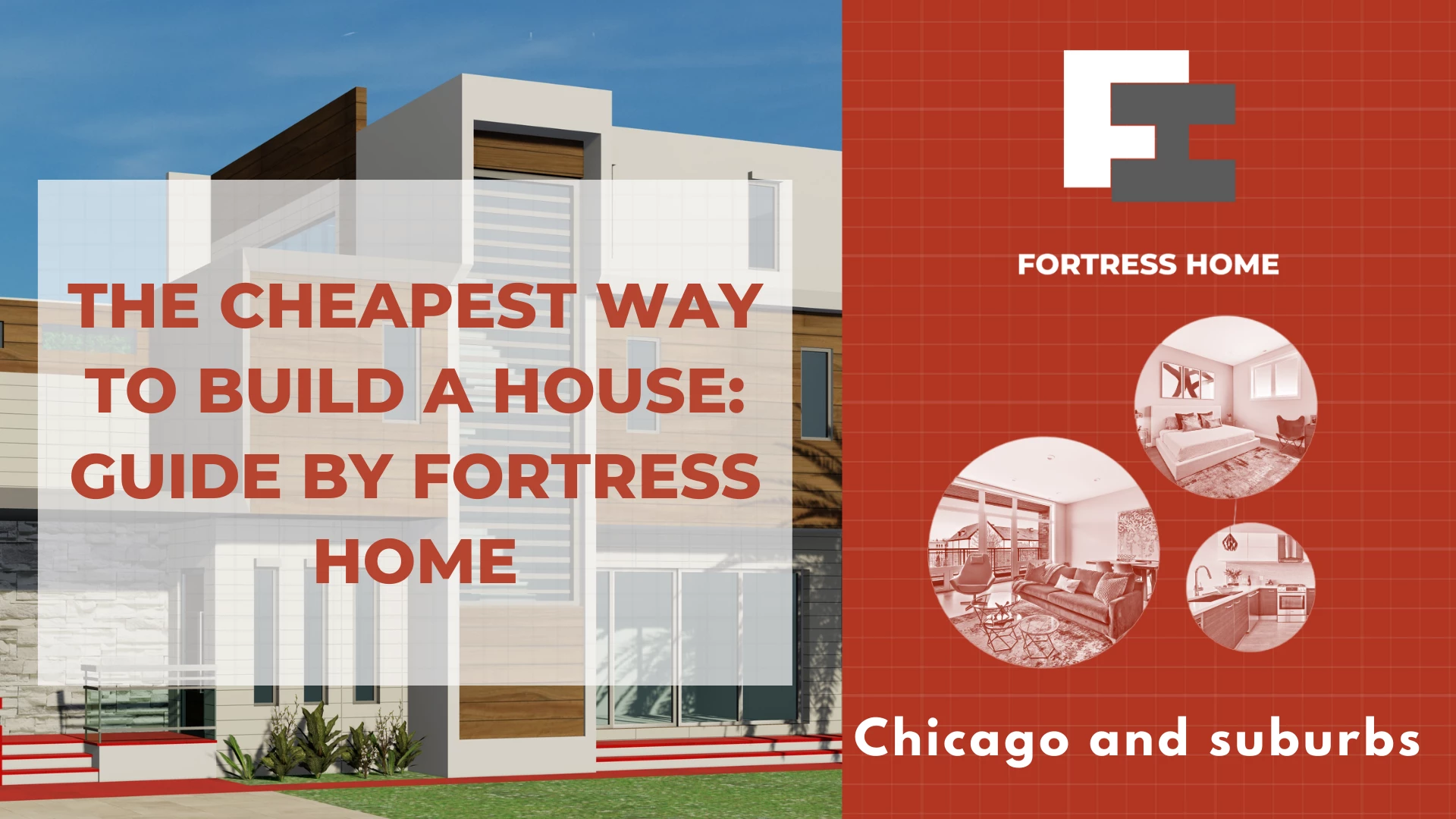
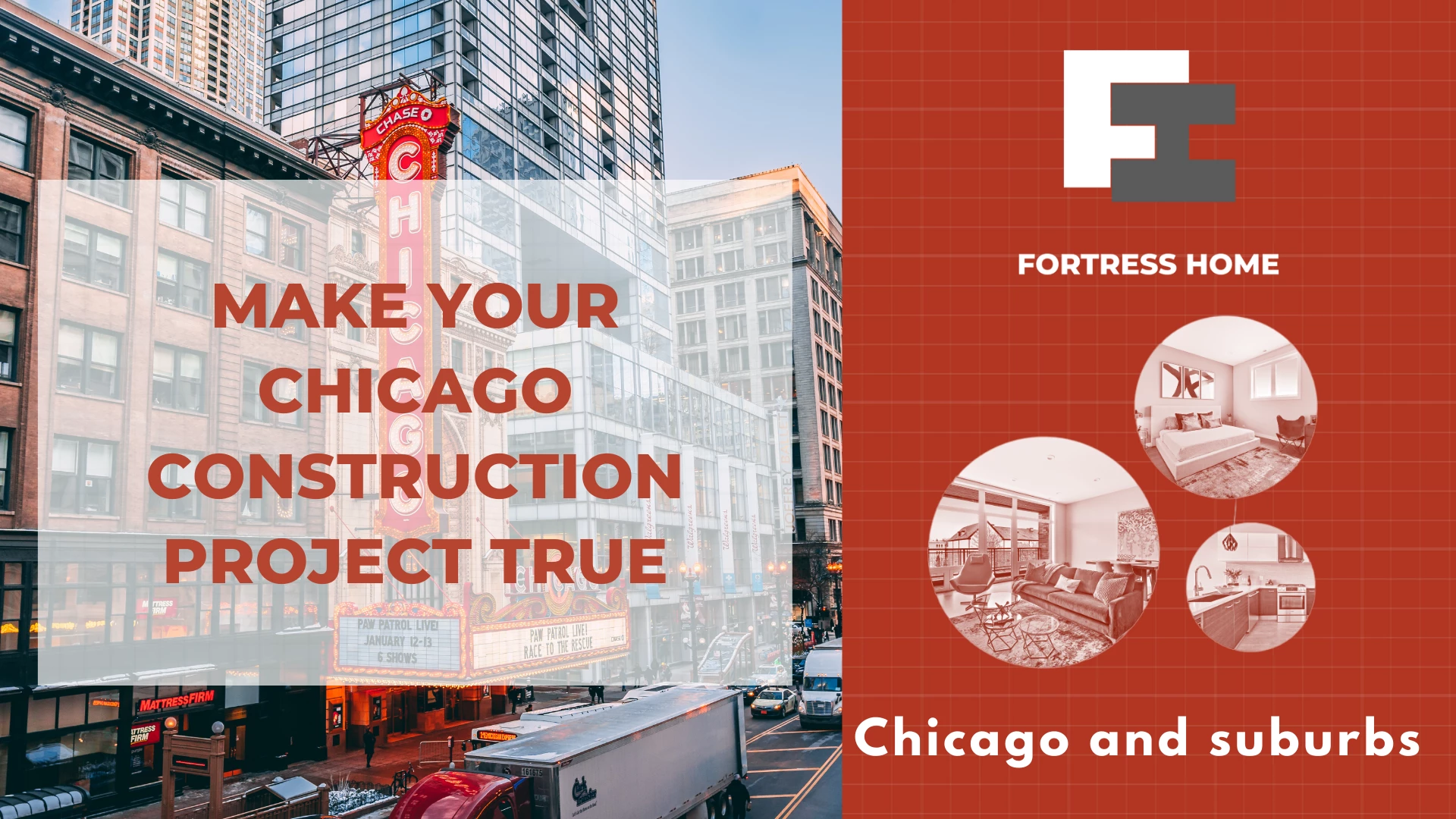
If you currently own a lot, or need help finding one, Fortress Home is excited to offer comprehensive on-your-lot home building services. We have many ideal floor plans for building on your lot, don't worry - we can modify our standard plans or develop a fully custom plan just for you.
At this point, any final decorating and interior finishes and trim can be completed. This might include:
Appliances can also be installed at this point and the final cleanup of the interior will take place.
While much of the exterior work can take place earlier on in the process, most general contractors put it last on their building a house checklist to avoid any damage to a garden or new driveway by delivery trucks and the building team.
Some of the things that might happen at this stage are:
After the final inspection from the city or county government, you should always have a final walkthrough of the property with your construction manager. They will explain any special features to you and how the heating and cooling systems work.
During this walkthrough, you can also look for any minor defects or areas that haven't been fully finished and put together a list of final tasks for the team to complete before you move into your dream custom home.
The most important thing to do when starting the process of house building is to work out your budget and exactly what you can afford to spend.
You can also buy ready-to-build plans which might save a little time and money.
Generally, there are many more than five stages to the actual construction of a new house, however as the homeowner, there are five distinct stages:
The type of checklist for building a house you will need when building your own house all depends on the level of involvement you will have in the actual construction. If you are hiring a good general contractor to manage the build and buy the materials for you, your checklist will be more about choices for your house and the builder will have their own construction and materials contractor checklist for building a house.
If you're having a custom home built for you we recommend making a checklist of choices and must-haves:
A good way to decide on features you'd like in your new home is to consider what features you love about your current house, and definitely want to keep, and also think about what is missing and would make your life easier.
The choices you have when building your own home depending on the type of house you are having built. This can range from very minimal choices, possibly limited to interior paint colors and options for appliances with a spec home, all the way through to the ability to pick out pretty much everything including floorplans, decor, fixtures, and fittings, with a fully custom house.
Depending on the location of your house, and the size and style of the house the most expensive part will probably be the framing, the cost of land, or the interior fittings and finishes.
Many parts of the country, especially suburbs or desirable cities, have extremely high land prices. But in an area with cheaper plots, most of the budget will probably go on the framing, an area where it's hard to cut costs apart from by making your new home smaller.
Although the average cost of building a new home is currently almost $300,000, according to a report by The National Association of Home Builders it is possible to build a house for less than this. The average construction costs per square foot are around $100 - $200, so if you stick to smaller houses, and cheaper materials you can probably afford a 1,000 - 1,500 square foot house, into which you should be able to fit at least 2 bedrooms and 2 bathrooms.
This will of course all depend on where you are in the country and the cost of land, as that can often be a major expense.
There are a variety of ways you can save money when building a new home. Some of them include:
If you're planning a dream custom home in Chicago, contact Fortress Home today for a free consultation, at +773-770-8607 or [email protected].

What is the main asset of a construction company? Everything is simple. This is not an investment, not funds in the company's account. These are those unique houses, apartments, and buildings that have already been built and put into operation by the company. In different architectural styles, other concepts, and various tasks assigned to the general contractor. That is the asset in Fortress Home, with over 300 homes from more than 20 years of operation that delight their families.